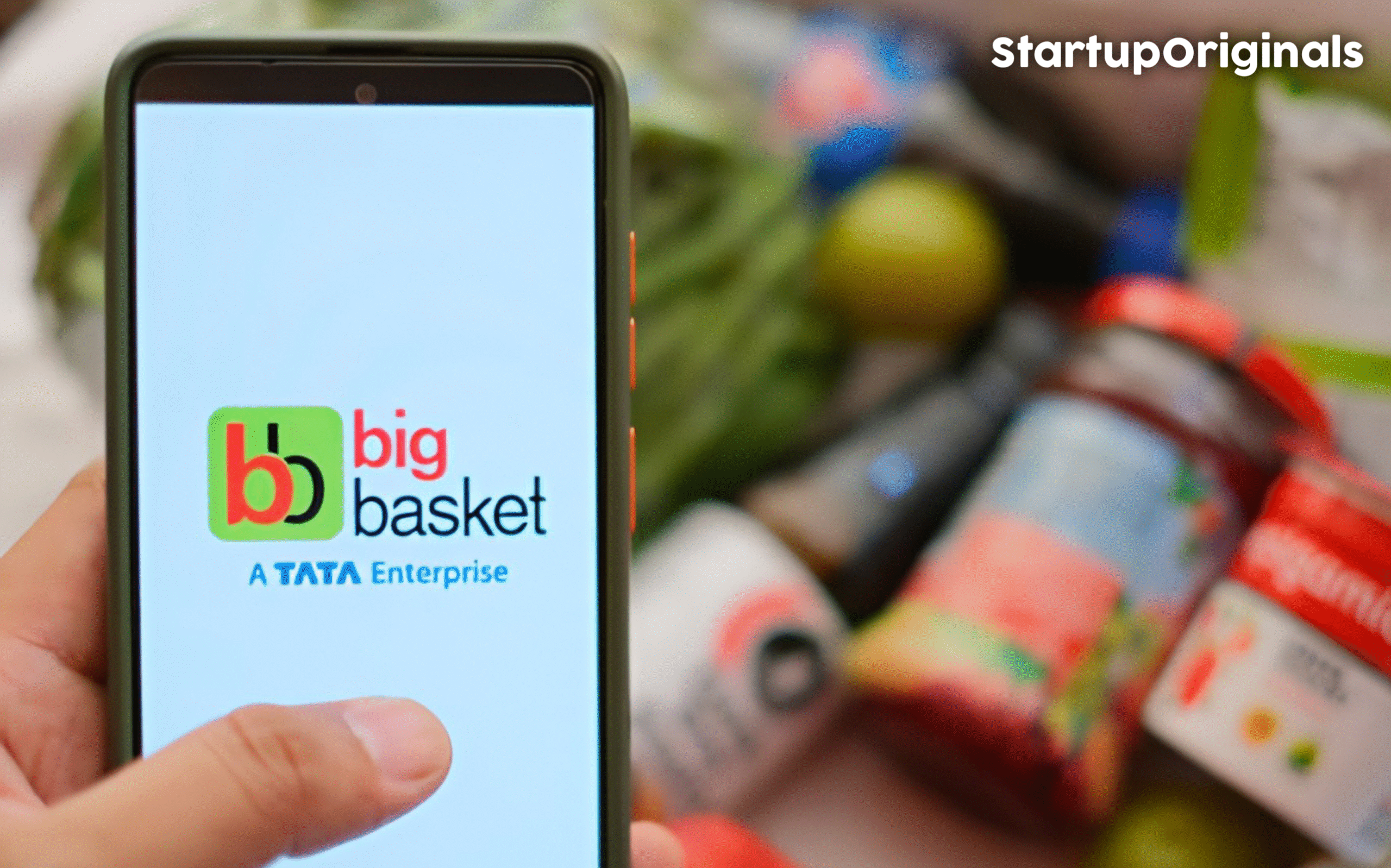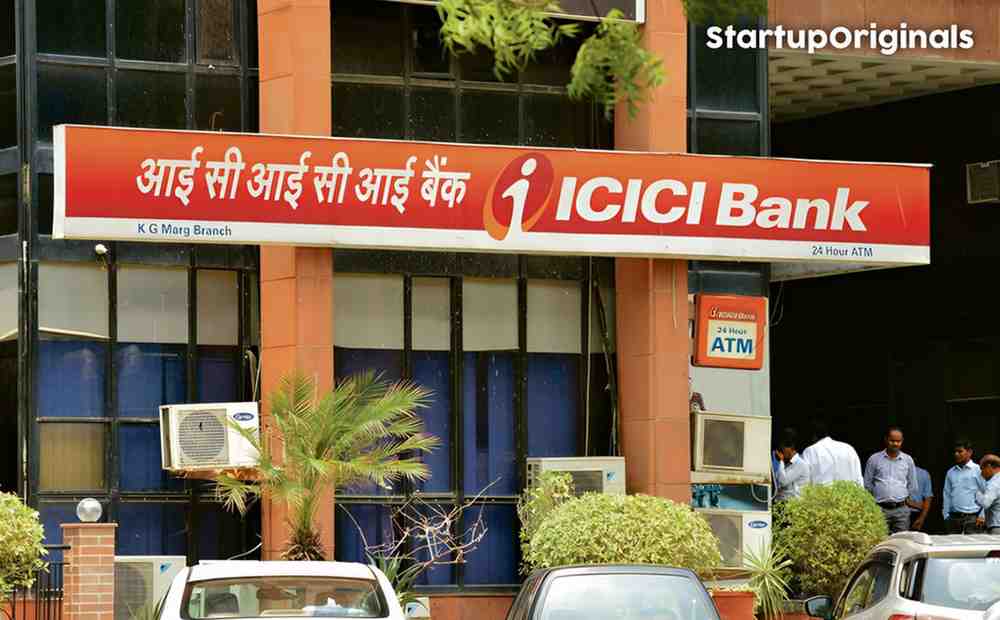
India’s online grocery giant BigBasket, owned by Tata Digital, is navigating a challenging environment as the rise of quick commerce upstarts like Blinkit, Zepto, and Instamart changes the game. With shifting consumer habits and exploding competition, BigBasket’s financials for FY25 reflect the intense battle to remain relevant in a fiercely competitive landscape.
Turnover and Financial Performance:
BigBasket’s main consumer-facing unit, Innovative Retail Concepts, reported a 3% drop in turnover for FY25, closing the year at ₹7,673 crore. Its B2B arm, Supermarket Grocery Supplies, saw an even steeper fall, with a 7% decline to ₹2,227 crore. The company’s losses also widened significantly—from ₹1,267 crore in FY24 to ₹1,851 crore in FY25.
Why Did BigBasket Struggle?
Fierce Quick Commerce Competition:
The biggest challenge for BigBasket in FY25 has been the remarkable rise of quick commerce—a new retail model focused on ultra-fast (10–30 minute) deliveries. Blinkit (owned by Zomato), Swiggy’s Instamart, and Zepto command a dominant 80–85% market share in India’s quick commerce space, leaving legacy players like BigBasket with just a small slice of the pie.
Lag in Market Adaptation:
While BigBasket was initially known for “slotted” or scheduled grocery deliveries, the surge in demand for near-instant delivery left the company scrambling. Although the company has launched its 10-minute delivery service, BB Now, it was a late entrant compared to rivals, resulting in lost ground and slower user acquisition.
Tata Group’s Response: Capital Infusion and Strategic Shift
Concerned by BigBasket’s underperformance, Tata Group initiated a significant strategy reset. The group engaged global investment banks to raise $1.3 billion in external capital—of which a whopping $1 billion is earmarked for BigBasket. Tata is betting heavily on quick commerce to regain market standing, aiming for BigBasket to become an overall quick commerce platform covering multiple categories, not just groceries.
BigBasket’s New Plans and Pivot:
Expansion into Quick Commerce:
BigBasket is transitioning fully into quick commerce, focusing on rapid delivery through BB Now and expanding its network of dark stores. The company plans to operate as many as 700–800 dark stores by the end of FY25, up from around 400 previously. Quick commerce already accounts for over half of BigBasket’s daily orders, with ambitions to reach up to 80% in the near future.
Integration and Service Consolidation:
To streamline offerings, BigBasket is merging its daily subscription service BBdaily into its main app, optimizing operations for faster delivery and broader product selection. The company reportedly intends to maintain traditional slotted deliveries, especially valued by certain urban customer segments, but is putting the bulk of its efforts into 10–30 minute delivery windows.
Product Range and Strategic Partnerships:
Beyond groceries, BigBasket is venturing into tiers like electronics, sports goods, and more—leveraging Tata Group’s access to premium brands. The company is also piloting rapid food delivery in partnership with Starbucks India and Qmin, underscoring a drive to diversify its offerings and attract a broader customer base.
Market Dynamics and Future Outlook:
Despite its heritage and backing from Tata Digital, BigBasket faces an uphill battle. The quick commerce market continues to expand rapidly, but is highly consolidated; as of FY25, BigBasket holds less than 15% market share in the quick commerce category, compared to dominant rivals. Tata Group’s billion-dollar war chest is intended to reverse this trend, but the outcome remains uncertain.
BigBasket’s management remains ambitious, aiming to double business by March 2026 and expand from 35 to 70 cities. Achieving profitability across the operation is now also a key target, with a company-wide focus on efficiency and sustainable growth.
Conclusion:
BigBasket’s FY25 performance is a stark reminder of how quickly consumer habits and the competitive landscape can shift in the digital age. As Tata Group bets big on quick commerce, the company’s ability to adapt and innovate will decide whether it can reclaim its leadership in India’s online grocery market.




